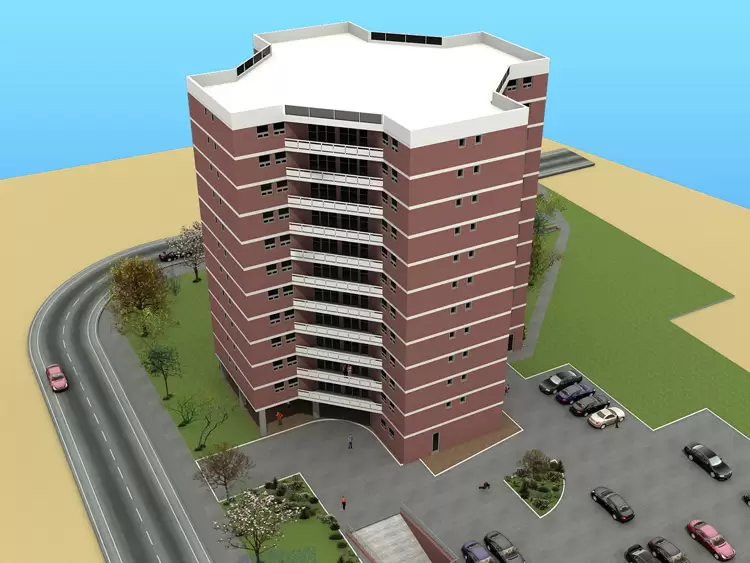Description/ Specification of BIM Services (Building Information Modelling)
BIM services have revolutionized the construction industry by providing a comprehensive digital representation of a building's physical and functional characteristics. This innovative approach allows for the creation and management of a 3D model that encompasses every aspect of a construction project, including design, planning, construction, and operation. BIM services offer a range of benefits, such as improved collaboration, enhanced communication, and increased efficiency throughout the entire project lifecycle. With the ability to integrate various data sources, BIM facilitates the seamless exchange of information among different stakeholders, enabling better decision-making and streamlined workflows. These services play a crucial role in improving project visualization and facilitating the identification of potential conflicts or issues before the construction phase begins. By simulating the entire building process in a digital environment, BIM services enable architects, engineers, and construction professionals to make informed decisions that lead to cost savings and improved project timelines. Additionally, BIM services support sustainability initiatives by allowing for the analysis of energy consumption, material usage, and environmental impact, thus promoting the development of eco-friendly and resource-efficient buildings. Moreover, BIM services have transformed traditional construction practices by enabling the creation of accurate and detailed models that aid in precise cost estimation, quantity take-offs, and scheduling. These models provide stakeholders with a comprehensive understanding of the project's scope, allowing for effective planning and risk mitigation strategies. The integration of BIM services with advanced technologies like virtual reality and augmented reality further enhances the visualization and understanding of complex building designs, facilitating better communication among team members and clients. In summary, BIM services have redefined the construction industry by fostering collaboration, improving decision-making, promoting sustainability, and enhancing overall project efficiency. By leveraging cutting-edge technology and fostering a collaborative approach, BIM services continue to play a pivotal role in shaping the future of the construction landscape.
BIM Services (Building Information Modelling)
BIM services have revolutionized the construction industry by providing a comprehensive digital representation of a building's physical and functional characteristics. This innovative approach allows for the creation and management of a 3D model that encompasses every aspect of a construction project, including design, planning, construction, and operation. BIM services offer a range of benefits, such as improved collaboration, enhanced communication, and increased efficiency throughout the entire project lifecycle. With the ability to integrate various data sources, BIM facilitates the seamless exchange of information among different stakeholders, enabling better decision-making and streamlined workflows. These services play a crucial role in improving project visualization and facilitating the identification of potential conflicts or issues before the construction phase begins. By simulating the entire building process in a digital environment, BIM services enable architects, engineers, and construction professionals to make informed decisions that lead to cost savings and improved project timelines. Additionally, BIM services support sustainability initiatives by allowing for the analysis of energy consumption, material usage, and environmental impact, thus promoting the development of eco-friendly and resource-efficient buildings. Moreover, BIM services have transformed traditional construction practices by enabling the creation of accurate and detailed models that aid in precise cost estimation, quantity take-offs, and scheduling. These models provide stakeholders with a comprehensive understanding of the project's scope, allowing for effective planning and risk mitigation strategies. The integration of BIM services with advanced technologies like virtual reality and augmented reality further enhances the visualization and understanding of complex building designs, facilitating better communication among team members and clients. In summary, BIM services have redefined the construction industry by fostering collaboration, improving decision-making, promoting sustainability, and enhancing overall project efficiency. By leveraging cutting-edge technology and fostering a collaborative approach, BIM services continue to play a pivotal role in shaping the future of the construction landscape.
